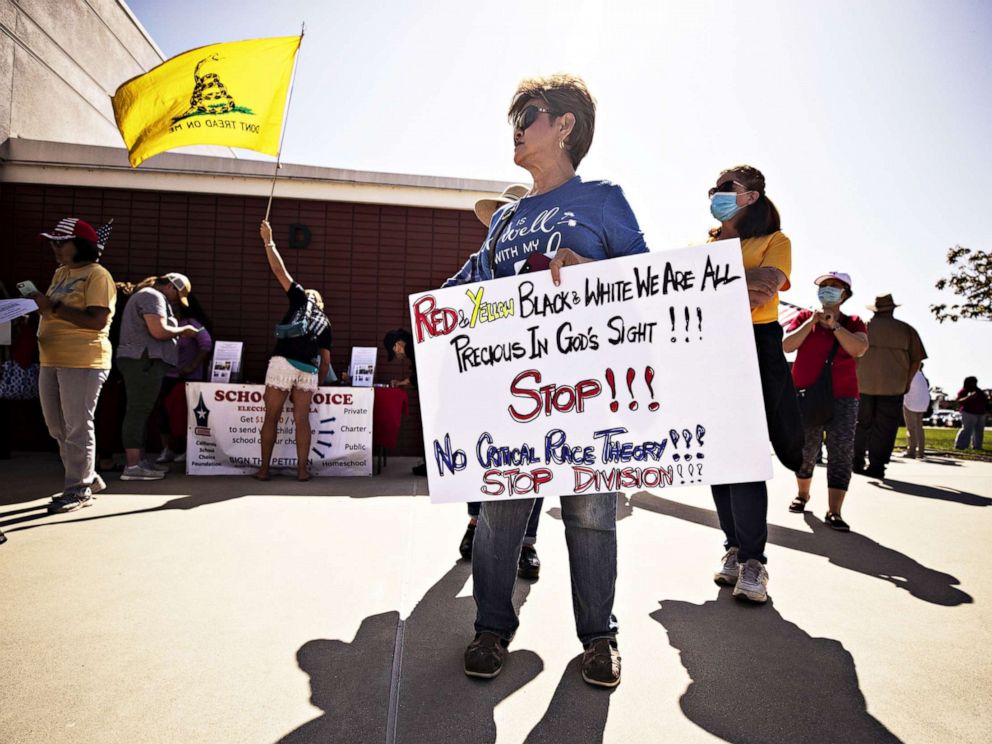
“It is incumbent upon those committed to health equity through population health science to publicly defend the tenets of CRT and their long-standing contributions to population health. Moving beyond descriptive research that simply documents racial disparities in health outcomes, CRT rightly asserts that there is a need to better represent in research, the media, and policy advocacy/reform work how racism in all of its manifestations is experienced by people in ways that matter, including for physical/mental health. Tenet 4: While racism is perpetuated at the structural/macro level in society, listening to and understanding the lived experiences of individuals is essential for understanding how racism works to create inequities in individual outcomes, including health. Understanding structural racism within our systems and policies related to education, income, housing, food, criminal justice, the environment, and health care matters greatly for addressing population health inequities. Tenet 3: Because the differential treatment of individuals based upon racial classification is embedded within social systems and institutions-including public policy and law-racism is commonplace. Rather than focus on racism as primarily being a problem of person to person racism… CRT elucidates how institutions, systems, and policies can be designed in ways that reinforce, codify, and perpetuate exposures, risks and opportunities that differ across socioeconomic and racial groups.

Tenet 2: Although individuals can indeed be racist, racism and its outcomes are perpetuated in society through social processes above and beyond individual actions including through cultural norms, institutional rules, and laws and regulations. A basic premise of population health science is that “race” is not a biological imperative driving disease processes and longevity, but rather a marker for how individuals within populations experience physical and social exposures, risks, facilitators, burdens and discrimination that matter for health over the life course. Tenet 1: Race is a social construction – the way that race is defined and experienced is the result of social and political thought and actions that change over time. She elucidates on each of them for the field of population health science: that does not implicitly or explicitly incorporate the main tenets of CRT. Lantz asserts that there can be no objective or effective teaching, research, or practice addressing the large racial health disparities (e.g., in life expectancy, infant/maternal mortality, and almost every type of illness or injury) that persist in the U.S. In her opinion piece in the Milbank Quarterly , she writes “CRT is a framework for a critical (i.e., deep, historical, complex) analysis of what drives ongoing racial inequality that builds upon long-standing scientific theories and concepts, and is supported by decades of multidisciplinary scholarship.”įurther, the tenets of CRT are essential when seeking to address racial inequalities in all social outcomes, including population health. Ford School professor and social epidemiologist Paula Lantz is critical of what she describes as knee-jerk political action, and says the scientific tenets that underlie CRT are crucial to understanding and addressing racial inequality in important social outcomes, including population health. Six states have banned the teaching of Critical Race Theory (CRT) and other frameworks about structural racism in K-12 settings, and many more are considering similar policy action.


 0 kommentar(er)
0 kommentar(er)
